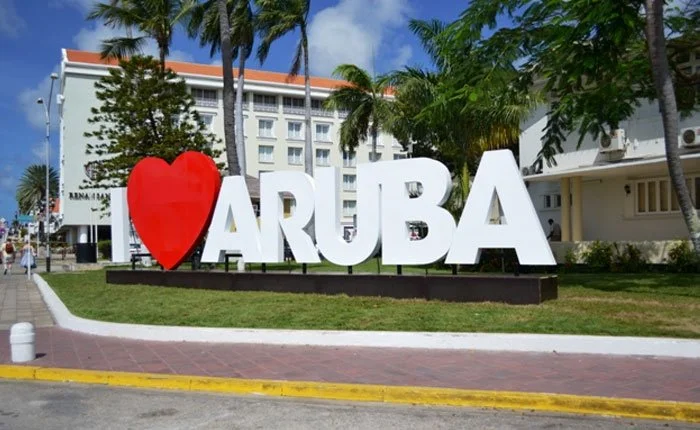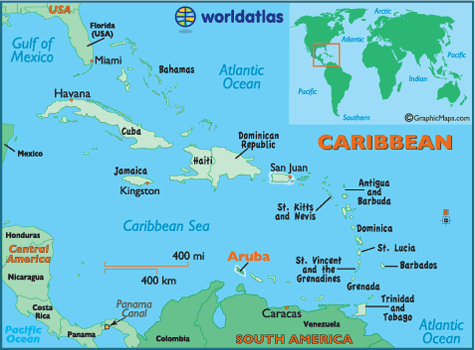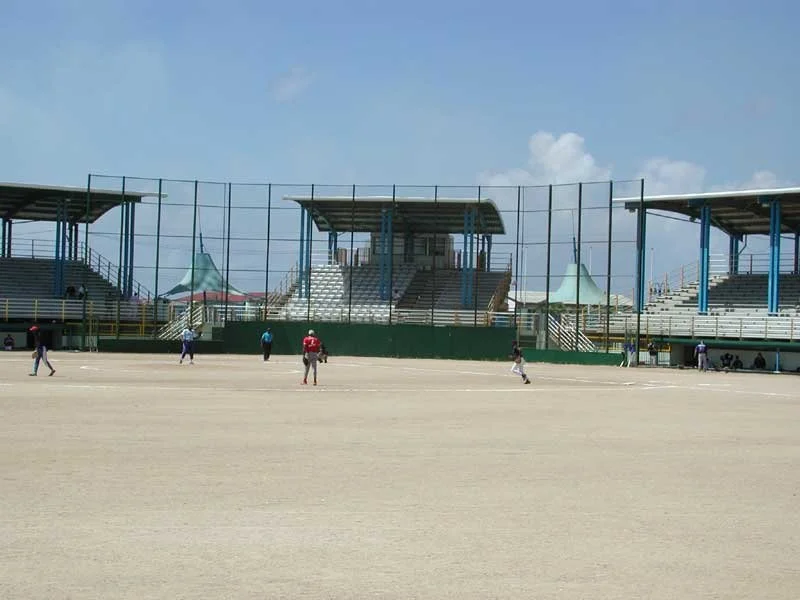Research: Aruban Sport
by Bob Heere, University of South Carolina
As part of a partnership between the University of South Carolina and the University of Aruba, I was asked to collaborate with the local faculty there on research projects during my stay teaching a course. This mandate presented a couple of challenges. The faculty at the University of Aruba had no background in sport management, and had very little affinity or interest on research in sport. Thus, any collaboration would have to be initiated by me, and more importantly ‘sold to them’. Second, it was unclear to me what role sport played on the small Caribbean island and I was hesitant to start a project that Arubans had no interest in whatsoever. This was not the first time in my career I ran into this issue. Three years earlier, my idea to do a large study in Brazil had met with polite indifference from local scholars when I flew down to meet with them. Identity was not really an issue for the Brazilians. I went home empty handed. I wanted to develop an idea that would speak to the Arubans, and one that would make a real impact on the island. For any researcher who wants to conduct a study in a different nation, I can only advise to do the same.
Make it stand out
Whatever it is, the way you tell your story online can make all the difference.
Aruba was not a blank page for me. While it is independent, Dutch is still an official language on the island it once colonized. I also knew the island depended on American tourism. I expected a Caribbean island that would have both Dutch and American influences. It made me curious to the sport culture in the nation though, as the Netherlands and the United States could not be more different in their views on sport. One favors sport for skill development, the other favors sport for community and health. Upon arrival I realized that Aruba was indeed the best (or worst) of both worlds, in terms of food, media, and sport. In one thing Aruba was definitely more American than Dutch: obesity levels. Aruba is among the nations with the highest obesity levels, an honor it shares with the United States. Thus, I started asking what the sport participation rates were in Aruba, as they might contribute to the obesity levels. Nobody could give me an answer. Thus, my research question became: what is the role of sport on the island, and how is it used to maintain health among the population?
During my stay, I was asked to provide a seminar to the industry, which contained a mixture of sport officials, government officials, and business people. I decided to compile a lecture on sport for health, and in my presentation I used both the United States and the Netherlands as benchmarks. I realized that I had been able to find a subject that I was uniquely qualified to study. I had in-depth knowledge of both nations and the subject of sport itself. It reminded me: remain true to the self. The presentation was a success, and afterwards the Director of the National Institute for Sport and Movement and the secretary of the NOC approached me. Both women were excited by the presentation and gauged my interest in establishing a project to explore sport participation on the island. I realized that this was my ‘in’ and immediately set up meetings. I also was able to recruit a University of Aruba faculty member (Kimberly Greaux) to work with me on this, who was finishing her PhD in the Netherlands in Public Health.
I spent the remainder of my time on the island meeting people, and I was glad I did. Everybody was excited about doing a baseline measure study to sport participation, but nobody had money to pay for it. The estimated budget forecasted about $28,000 to do the study. Had I not met with everyone, this project would probably have died. Fortunately, one of my contacts was able to set up a meeting for me with the Minister of Health, Welfare and Sport, who had funding available (final tip: build a solid foundation of stakeholders for your research project, you will need them). Six months later we received the money to start our project and have now collected over 1,000 surveys and conducted about 10 focus groups. We are excited to work with the government of Aruba on this, and we can’t wait to publish our results.




